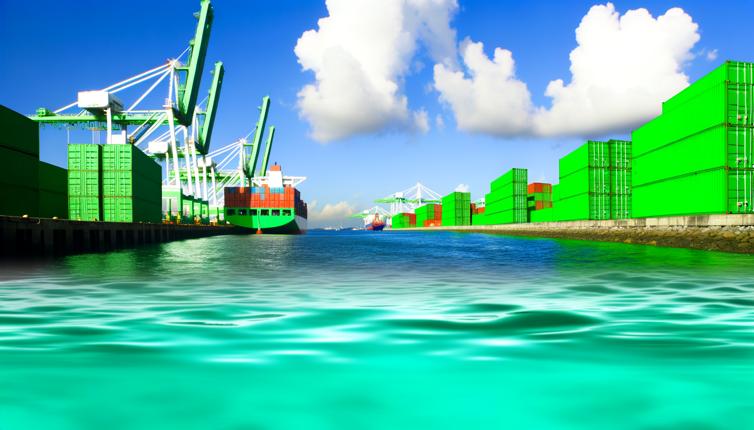Factors to Consider
Distance: The distance between the origin and destination plays a significant role in determining the optimal shipping route. Longer routes may result in higher transportation costs and longer transit times.,Transit Time: Depending on the urgency of your cargo, transit time becomes a critical factor. Some routes may offer faster transit times while others might have longer transit durations.,Route Availability: Not all shipping routes are available for all types of cargo. Certain routes may have restrictions or limitations due to regulatory requirements or geographical factors. It is important to ensure that the chosen route is suitable for your cargo type.,Cost: Shipping costs vary depending on the route, carrier, and cargo type. It is essential to consider the overall cost implications when selecting a shipping route.,Weather Conditions: Weather conditions along the route can impact the safety and efficiency of the shipping process. Certain routes may be prone to adverse weather conditions, leading to delays or increased risks.
Route Options
Direct Routes: Direct routes are the most efficient as they involve minimal transshipment and handling. However, direct routes may not always be available or feasible depending on the origin and destination.,Transshipment Routes: Transshipment routes involve transferring cargo from one vessel to another at intermediate ports. These routes are often used when direct routes are unavailable or inefficient. However, transshipment can add time and cost to the overall shipping process.,Alternative Routes: In some cases, alternative routes may be considered to optimize costs and transit times. These routes may involve a combination of different modes of transport such as sea, land, or air.,Route Planning Tools: Advanced route planning tools and software are available to assist in selecting the optimal shipping route based on various parameters. These tools consider factors such as vessel availability, transit times, and cost to suggest the most suitable route for your cargo.
Consulting with Shipping Experts
In complex shipping scenarios or when dealing with valuable or sensitive cargo, it is advisable to consult with shipping experts or freight forwarders. These professionals have extensive knowledge and experience in selecting the optimal shipping routes based on specific requirements and constraints.,Shipping experts can provide valuable insights into factors such as customs regulations, port restrictions, and route feasibility. They can also assist in negotiating freight rates and ensuring compliance with international shipping standards and documentation.,By collaborating with shipping experts, you can benefit from their expertise and ensure a smooth and efficient shipping process for your cargo.
Conclusion
Selecting the optimal shipping route for your cargo is a critical decision that can impact the overall success of your logistics operations. By considering factors such as distance, transit time, route availability, cost, and consulting with shipping experts, you can make an informed decision that ensures timely and cost-effective delivery of your cargo.









